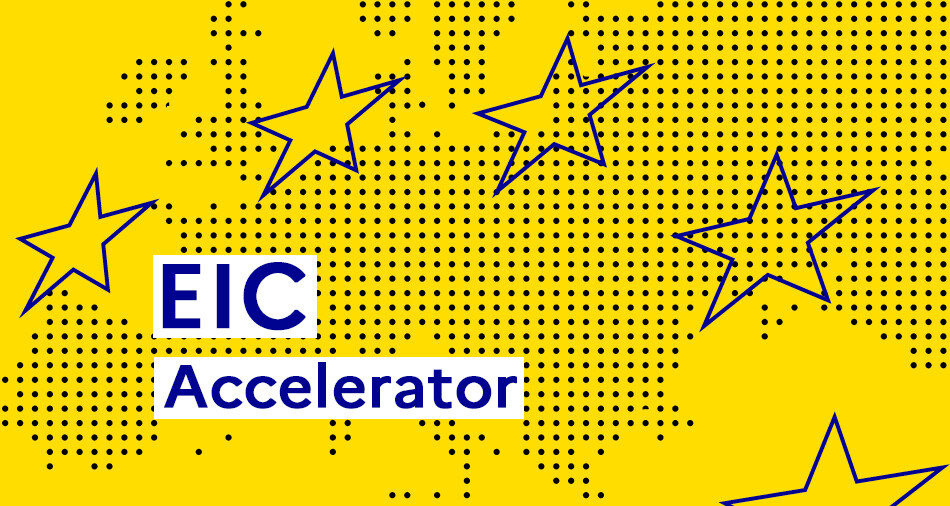ExpectedOutcome:
Successful proposals will support the Bioeconomy Strategy and the Common Agriculture Policy by promoting diverse forms of cooperation among primary producers to produce sustainable value-added bio-based products in fair bio-based value chains.
Project results should contribute to the following expected outcomes:
- Vertical integration of primary producers in bio-based systems and improved cooperation between regional stakeholders in rural areas
- Deployment of replicable, regional, circular bio-based business models through organisational innovation[1].
- Mobilisation and circular use of secondary biological resources and new valorisation pathways for high added-value applications in the scope of CBE through biorefinery processing and technologies.
- Through the development of new jobs and growth, diversification, and revitalisation of the economy in rural areas, ensure fair benefit distribution among all actors involved, with a focus on the primary sector.
- Production of added-value bio-based materials and industrial products with improved sustainability characteristics and identification of factors for success in respect to robust contracts and agreements, training, and capacity building.
- Support the establishment of cooperatively owned biorefineries, taking advantage of having full control of the value chain, optimizing value creation and stability in high quality feedstock supply.
- Preservation/improvement of soil quality and fertility.
- Public awareness and acceptance of bio-based solutions.
- Support market uptake growth and acceptance of scalable bio-based solutions.
Technology Readiness Level (TRL): Activities are expected to achieve TRL 7 by the end of the project – see Horizon Europe General Annex B.
Expected EU contribution per project: It is estimated that a contribution of EUR 5 million would allow these outcomes to be addressed appropriately. Nonetheless, this does not preclude submission and selection of a proposal requesting different amounts.
Scope:
The sustainable mobilisation and valorisation of secondary resources can result in the creation of new economic and social opportunities in rural areas, while also protecting the environment and climate. Implementing these new opportunities needs the establishment of new bio-based systems, new business models and interactions between primary producers and other actors all the way to consumers, as well as ensuring circularity. However, individual farmers usually do not have the financial and technical capacity to invest in the necessary infrastructure or to provide a sufficient quantity and quality of these biological resources to make innovative valorisations economically viable.
Farmers’ cooperatives and producer organisations play an important role in helping farmers to capture a higher share of the value added in the supply chain, to strengthen their position on the market as well as in the areas of R&I, capacity building, and knowledge transfer.
This topic addresses cooperative business models among primary producers for the efficient conversion of agricultural residues, by-products, and waste into high-value bio-based materials and products with improved sustainability characteristics.
Proposals under this topic should:
- Demonstrate the potential of contractual agreements or fully developed shareholder/ownership concepts (e.g., cooperatives or producer organisations) to optimise harvesting, logistics and processing of secondary bio-based feedstock at relevant scales.
- Co-design and implement business cases for primary producers that build on existing rural infrastructures, support the economy of scale, and contribute to a fair distribution of costs, benefits, and risks among the economic operators in the bio-based system.
- Demonstrate resource-efficient pathways for the valorisation and conversion of waste, by-products, and residues from agriculture for innovative high-value materials and products at relevant scales.
- Establish long-term strategies to serve the stakeholder’s interests long-term.
- If applicable, explore cross-sectoral synergies and collaborations (e.g., regional clusters) to improve the economic viability and commercial operativity and synergies with the food industry.
- Analyse and minimise the potential negative impacts of alternative uses of biomass streams on the environment and market/sector (e.g. in terms of biodiversity, soil fertility, competing sectors, etc.), while taking care of the full circularity potentials (e.g. soil improver, bio-based fertilisers, organic crop protection agents, etc.).
- Apply and/or adapt existing/mature or novel digital technologies, provided that they are instrumental to achieving the project’s outcomes and scope, especially to ensure high standards of resource efficiency and environmental protection. Applications of digital technologies that should be considered in the scope among the following areas: i) chemicals, materials and process design & modelling ii) (real-time) process monitoring and optimisation (including environmental performance) iii) predictive maintenance & plant engineering and iv) data analytics and data management of the bio-based business models and solutions in the scope”.
(Note) Points i)-iv) should consider the contribution to/from data/feedback loops across circular, bio-based value chains but also coordination of processes among different sectors (especially if symbiosis concepts apply in the project)
- Disseminate the outputs and learning outcomes from the project in order to increase the public awareness, and awareness of relevant industry actors, of potential benefits of bio-based solutions.
Propose recommendations on opportunities/challenges to be addressed for targeted stakeholders, including, where possible, national/regional stakeholders, investors and brand owners[2].
Proposals must implement the multi-actor approach and demonstrate the involvement of all concerned key actors, such as primary producers, in the bio-based systems. Please see the section Additional requirements in the CBE JU Annual Work Programme 2022[3] for more details.
[1]for a description of the term, see annex Glossary in the CBE JU Annual Work Programme 2022 (https://www.cbe.europa.eu/reference-documents)
[2]for a description of the term, see annex Glossary in the CBE JU Annual Work Programme 2022 (https://www.cbe.europa.eu/reference-documents)
[3]https://www.cbe.europa.eu/reference-documents





